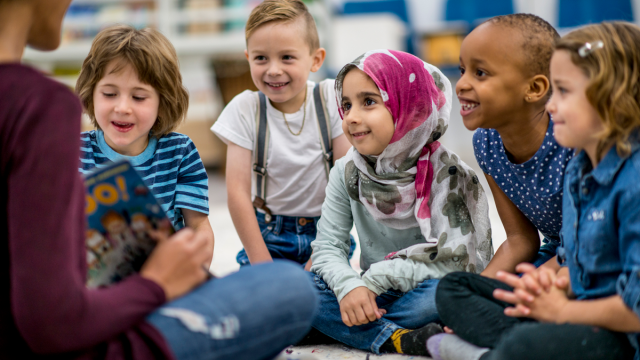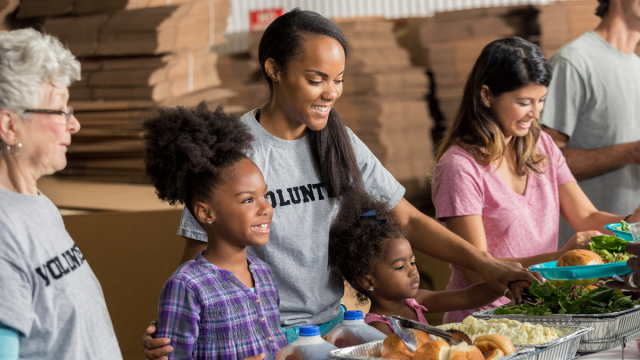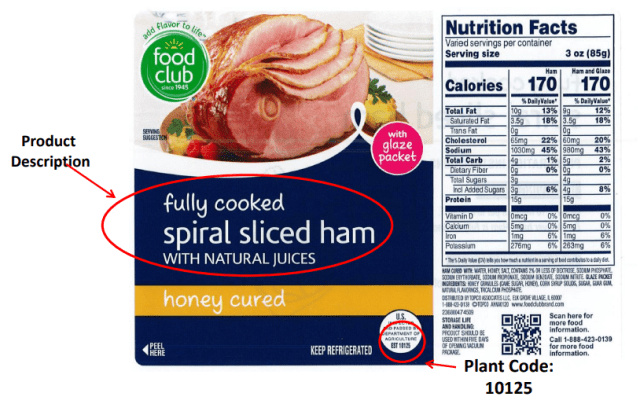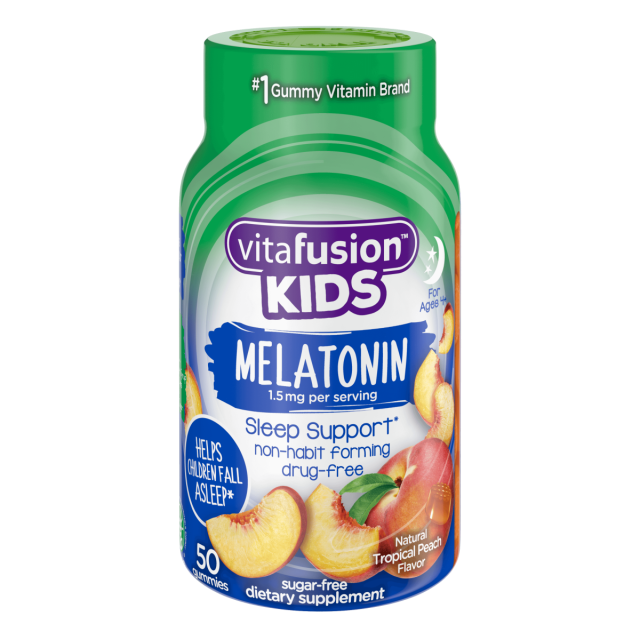How are you doing with your New Year Resolutions? Each new year, many mommas make big promises to themselves: Lose those pandemic pounds, find more “ME” time, find a new job. But when the second week of February strikes, like clockwork, most Americans will have already broken their promise—80 percent of Americans! And yet, we fall for it year after year, building ourselves up to accomplish our goal, only to have it backfire and make us feel guilty for trying at all.
What most people don’t realize is this: We create a feeling of guilt often sets the tone for the rest of the year. So, what if, instead, we shifted our focus on setting intentions that make us feel good rather than setting goals that make us feel guilty?
What if we focused on how we want to feel this year rather than putting so much pressure on losing weight?
After all, we were put on this earth to live the human experience, and a huge part of that human experience is to feel!
But there’s another, more critical reason why setting intentions is so valuable.
You see, part of the human experience is also living through the highs and lows of life, and collectively, we are living through one of the lowest lows most of us will ever experience in our lifetime. Setting intentions helps us feel our feelings of trauma, depression, and anxiety. And when we do, we open doors to healing, growing, and even finding our authentic power, which is accessing the wisdom we already have within us, and then in turn, trusting that wisdom. When we don’t allow ourselves to feel or process these “messy” emotions, we set ourselves up for even greater emotional turmoil in the future. In the same way that we laugh or smile when we are joyful, we need to find safe ways to process those “messy” feelings, such as crying, screaming, or talking it out.
Trust me, I know how easy it can be to ignore or bury these messy emotional critters. When I was just 11-years-old, I witnessed the sudden death of my father to a heart attack. I remember fumbling with the phone, trying to dial 9-1-1 but failing the first time, and then running to get the neighbors for help. In the days and years that followed, I couldn’t help but think that if I had just dialed 9-1-1 faster or gotten to the neighbors for help sooner, my father would be alive today and this nightmare wouldn’t be my reality.
For years, I buried my trauma, guilt, and grief deep within me where no one could find them, including me. I didn’t tell anyone that my father had died because it was too painful to address on the surface. What was easier was shutting my pain deep within. The years went by, and I stumbled into my 20s and 30s as a shell of myself, showing up as the successful, workhorse journalist on the outside who could mask any pain with the flash of a smile.
I truly became a master at hiding my grief, until suddenly, it caught up with me in the most unexpected of ways: through my own body.
I became bedridden thanks to a debilitating mystery illness (little did I know this was the catalyst of my eventual Lyme Disease diagnosis) coupled with post-partum depression. There I was, the “strong” Superwoman I had pretended to be, unable to care for my three young children and unable to do my job. I had never felt more like a failure.
But it was then in that state of hopelessness that I realized my body was trying to tell me something; it was time to heal, not just physically, but from the inside out, and it was there that I made the decision to set intentions for how I want to feel rather than do. Little did I know that this decision would lead me to the healing and growth that I had been searching for my entire life, and awaken my authentic power.
So, as we continue into 2022, I encourage you to set intentions that set you up to live in your authentic power.
If you don’t know where to start, try these three steps:
1. Set intentions for the week, month, and year. This is all about baby steps! Grab a journal, and perhaps a friend, and take some time to write down how you want to feel today. Sit and meditate with how you want to feel instead of what you want to be doing. Remember, we are human beings, not human doings! Start by asking yourself, how do I want to feel going into today? This week? This month? Starting small will lead to big transformations, I promise.
2. Define your support community. One problem in our society is that people don’t feel safe to truly express how they are feeling. Think about your family, friends, and mentors, and write down who you trust and feel safe to openly share what is on your heart and mind. Or you can try finding an existing like-minded community to express yourself, such as a church, a yoga studio, and more. Share and declare your intentions with the ones you feel safest with! I have found that by verbalizing my intentions keeps me accountable for how I want to feel.
3. Find techniques to achieve your intentions. Some practices I recommend include breathwork, meditation, empathy, sacred writing, art, nature, movement, and spirituality. You can also try my FEEL Framework that I created as a way to use my authentic power to face your feelings: Focus on your emotions, Enter within the emotion, Experience the emotion, and finally, Listen, Learn, and Love it back!
For more on my FEEL Framework and more insight on honoring your emotions this year, check out my new book, Authentic Power: Give Yourself Permission to Feel, where I interview over 20 healing luminaries and share more of my personal story.
Ashley Bernardi is an award-winning podcaster, author, and founder of Nardi Media, a full service media relations firm. She is a former news producer with credits including CBS News, Bloomberg TV, and The Washington Post, and is is author of the highly acclaimed new book Authentic Power: Give Yourself Permission to Feel.
































